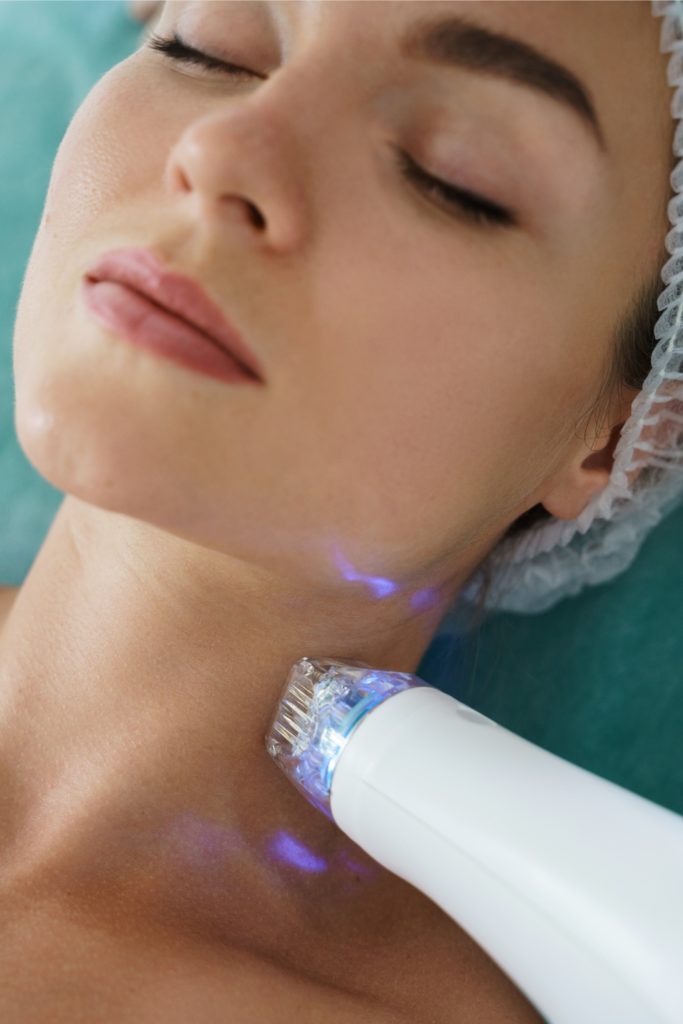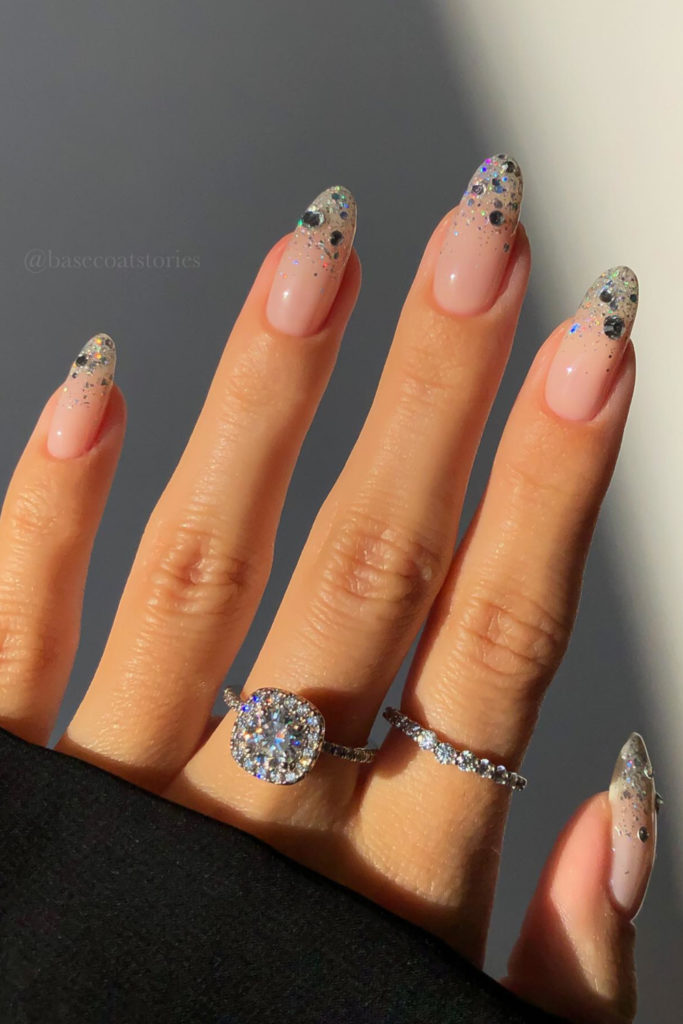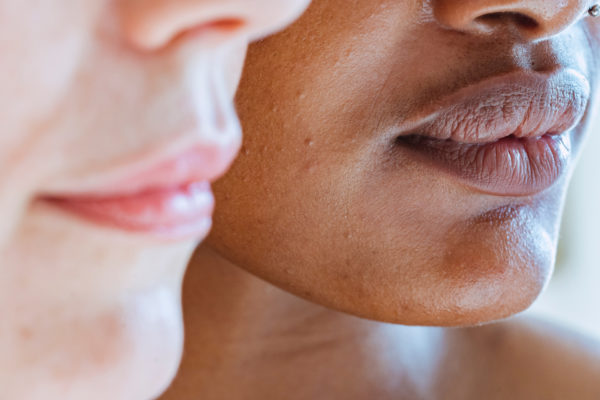The A to Z of Vitamins for the Skin
By
3 years ago
Find out the benefits behind these skincare buzzwords

The world of skincare can be a little overwhelming at times, with brands listing ingredients that can help improve our skin and brighten our complexions. Often, brands will talk about essential vitamins that are packed into their serums and creams, but what does this actually mean? At John Bell & Croyden, we believe that knowledge is power when it comes to your beauty and wellness, so we have broken all the vitamins down into an A to Z (well, to F) guide, to ensure that you are making the right choices for your skin type or concern. We’ll start at the beginning…
The A to Z of Vitamins for the Skin
Vitamin A (retinoids)
Retinoids are topical derivatives of Vitamin A and have long been regarded by facialists and skincare enthusiasts as one of the best treatments for multiple skin concerns. Retinol is the strongest retinoid that you can buy without a prescription – retinoic acid, considered by some to be the gold standard of retinoids, can only be used by professionals. There are less potent retinoids, such as retinyl acetate, that are particularly good for sensitive skin, but do need a little more time to show results.
What makes retinol as star player in the skincare line-up is its ability to communicate at a cellular level, promoting skin cell renewal at an accelerated rate. This cell renewal helps reduce the appearance of fine lines, improves the texture and clarity of the skin, and also promotes the production of collagen, which is essential for plump and resilient skin. It is also great at fading acne scars, dealing with high colour and hyperpigmentation, delaying the signs of ageing and restoring the skins inner glow.
Skincare experts and dermatologists alike will always advise that retinol should be approached with some educated caution. Introducing a retinoid product into your routine too quickly can cause irritation or peeling, so it is always best to start slowly, applying just two to three times a week, at night.
Look for buffered retinol products, meaning the retinol is combined with another ingredient to ‘soften’ the impact, if your skin is sensitive. This will allow you to introduce higher strength products into your regime without experiencing sensitivity. When using retinoids, it is always recommended that you wear an SFP of 30+ during the day.
Hero products
Decree’s Treat Tincture is a balanced and gentle night serum that gives incredible results. Harnessing the power of Hydroxypinacolone Retinoate (HPR), this wonder serum combines several treatments into one application, giving your skin a morning radiance that will set you up for the day.

Decree PM Treat Tincture, £130, thedecree.com
SkinDesign London’s Retinol Crème is a powerful treatment that is cleverly balanced by calming and nourishing ingredients. Retinol is combined with hyaluronic acid to hydrate, tripeptides to plump and niacinamides to soothe and protect.
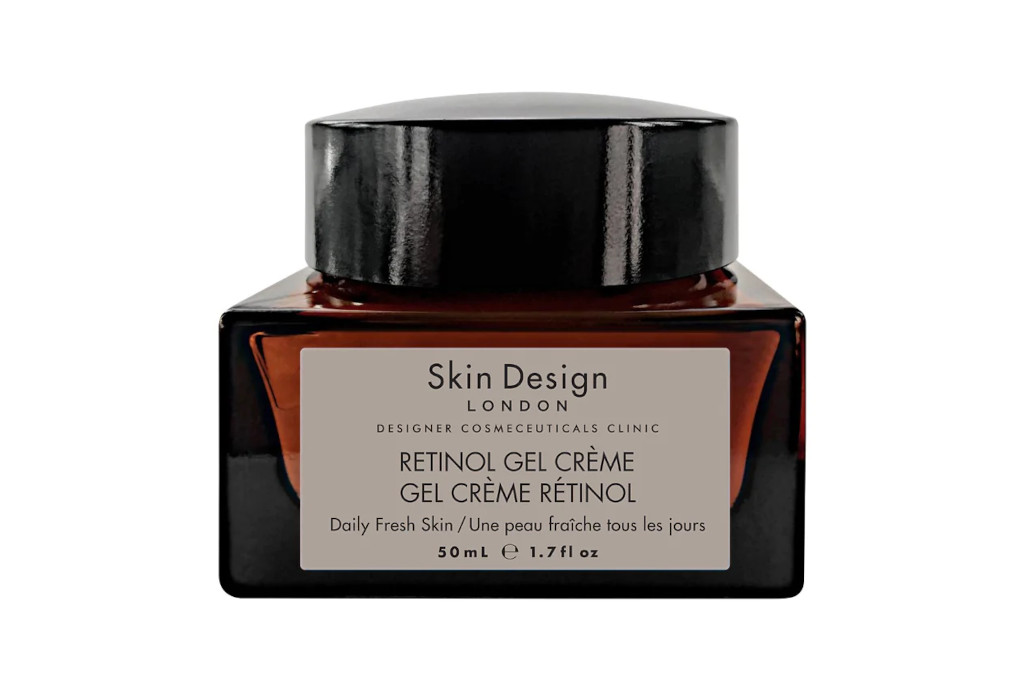
Skin Design Retinol, £120, johnbellcroyden.co.uk
Beauty Lab London’s retinol serum is new to the market and is not to be missed! This overnight treatment not only targets the signs of aging and dark spots ,but is also packed to the brim with hydrating pantothenic acid (vitamin B5), squalane, niacinamides (vitamin B3) and powerful antioxidants.
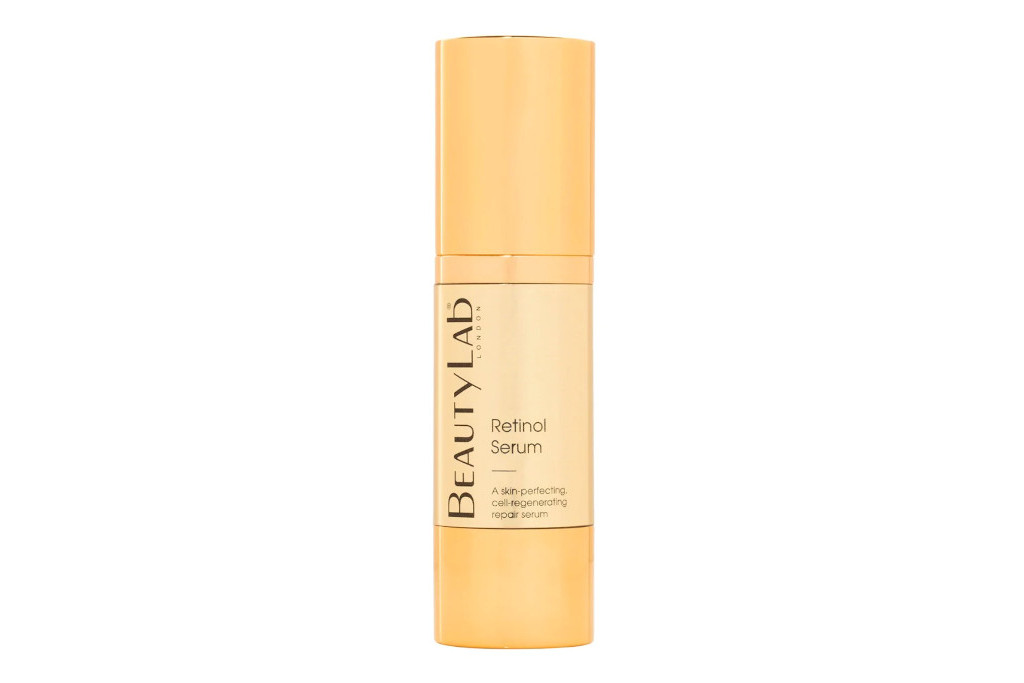
BeautyLab Retinol Serum, £35, johnbellcroyden.co.uk
Vitamin B (niacinamides and pantothenic acid)
The most common forms of vitamin B in skincare are B3 (niacinamides) and B5 (pantothenic acid).
Vitamin B3 is an antioxidant that is antibacterial, anti-inflammatory, PH neutral and hydrating – meaning that it is great for sensitive skin. B3 also helps reduce the appearance of wrinkles, reduces the appearance of scarring and is soothing for acne prone skin. It is a real allrounder and is often used in conjunction with other, more active, ingredients to minimize irritation to give visibly faster results.
Vitamin B5 is another notable ingredient. It is a humectant (much like hyaluronic acid) that retains moisture in the skin, has anti–inflammatory properties and helps the skin to heal.
Look out for it in your skincare’s inky list if your skin is especially sensitive, prone to breakouts or hyperpigmentation. You can also take it as a supplement.
Hero products
Dr Barbara Sturm’s Better B niacinamide serum actually contains both B3 and B5, which means it not only boosts your skins moisture levels, but also actively works to refine the appearance of pores, smooth and plump the skin and strengthen the skins barrier layer.
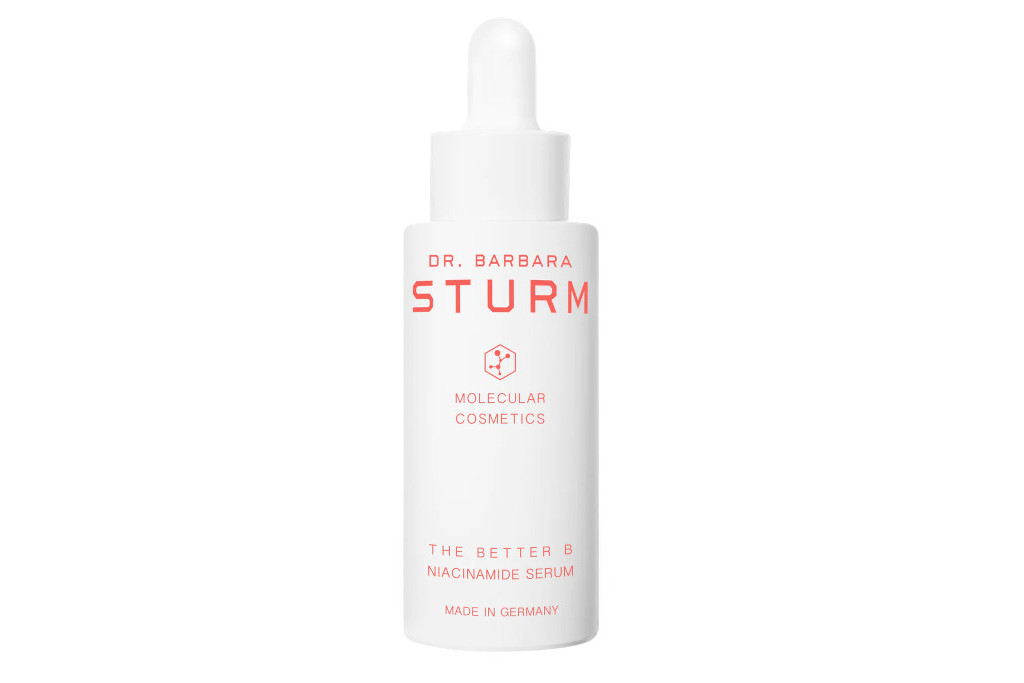
Dr. Barbara Sturm The Better B Niacinamide Serum, £110, johnbellcroyden.co.uk
Decree Skincare’s Protect Elixir contains Vitamin B3, Vitamin E and Vitamin C make up this a high dose, multi-purpose serum. It hydrates, protects from environmental aggressors, evens tone and texture, and plumps the skin. Dr Anita Sturnham created this serum to simplify skincare routines – and this elixir truly delivers.
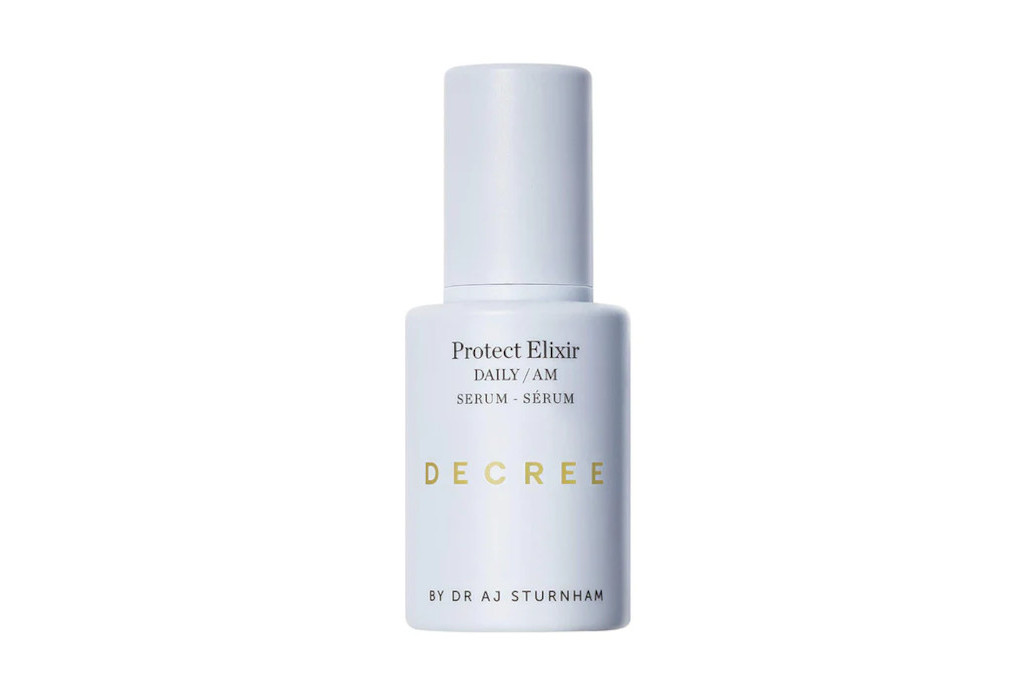
Decree AM Protect Elixir, £110, thedecree.com
SkinCeuticals’ Hydrating B5 does exactly that. The humectant properties of pantothenic acid (vitamin B5) lock moisture in, helping protect and maintain the barrier layer and intensely hydrating the skin.
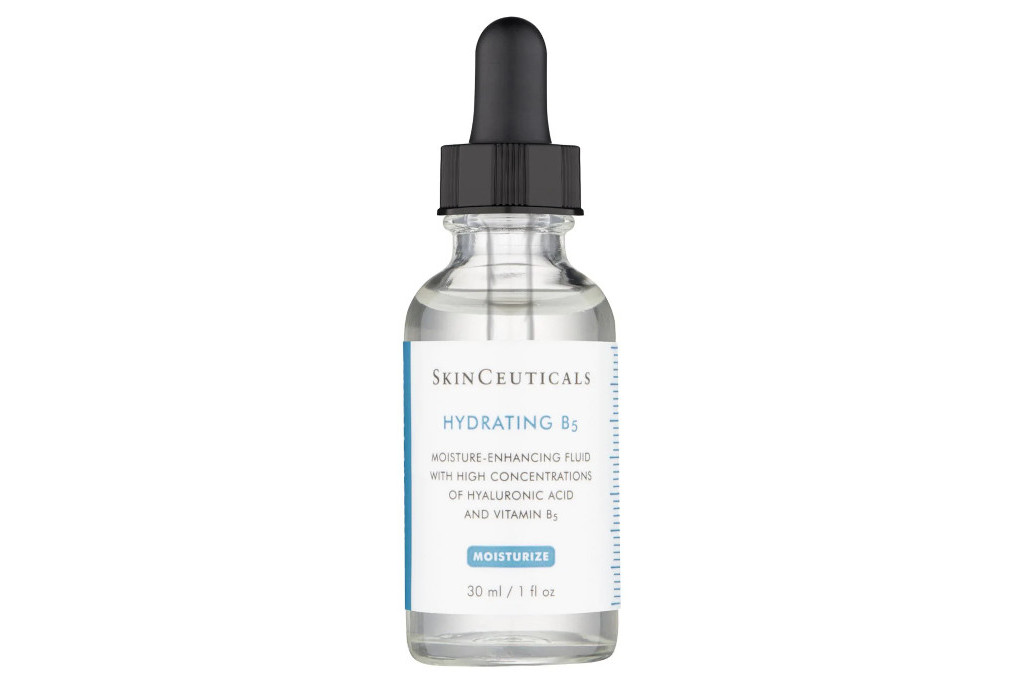
SkinCeuticals Hydrating B5, £72, johnbellcroyden.co.uk
Vitamin C
Vitamin C is renowned for its powerful antioxidant and skin brightening properties, but it doesn’t stop there. It protects skin from environmental damage and encourages cell renewal and collagen production. It will brighten a dull complexion, even out skin tone, reduce the appearance of blemishes and smooth out fine lines and diminish scarring. It is easy to introduce into your skincare routine as, whilst it is a very active ingredient, it rarely causes irritation in low concentration.
Vitamin C is also great for dealing with hyperpigmentation caused by sun damage, dark undereye circles and promotes the production of collagen, which essential for taught and elastic skin. L-Ascorbic acid is the most common and most researched form of Vitamin C, but there are other variants available that are of a higher concentration.
Hero products
Sunday Riley offers a serum that uses Tetrahexyldecyl (THD) Ascorbate, a powerhouse vitamin C that is more stable than l-ascorbic acid and up to 50 times more potent.
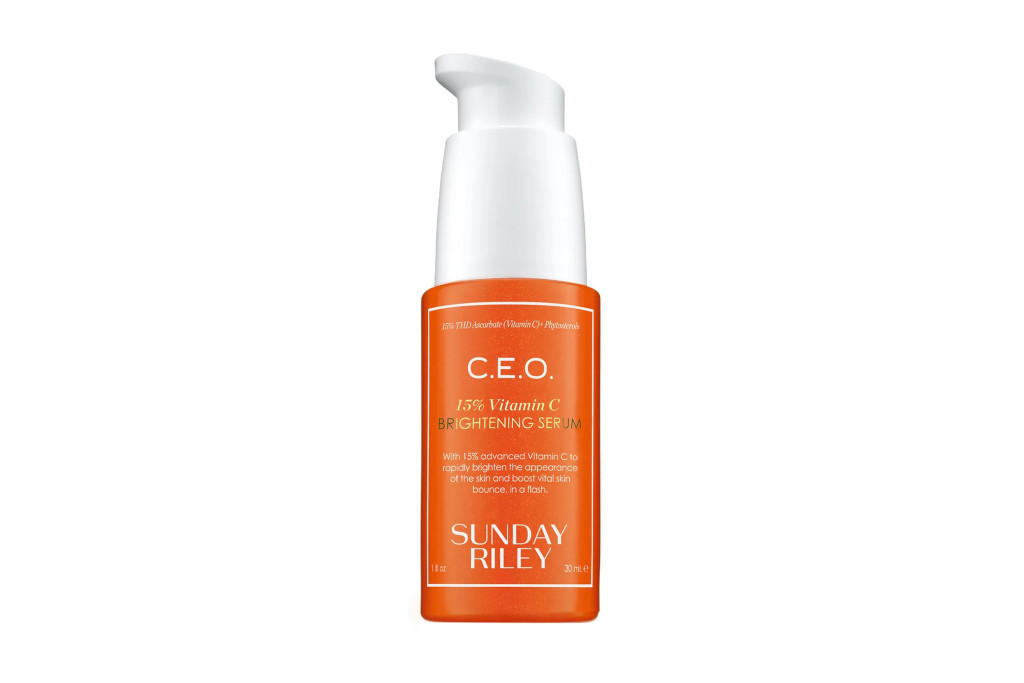
Sunday Riley C.E.O. 15% Vitamin C Brightening Serum, £70, johnbellcroyden.co.uk
Medik8 offers vitamin C serums in various strengths, the most potent being the C-Tetra Luxe. This is a lipid THD ascorbate serum that ensures deep penetration into the skin giving visibly instant brightness whilst also protecting and strengthening the microbiome.
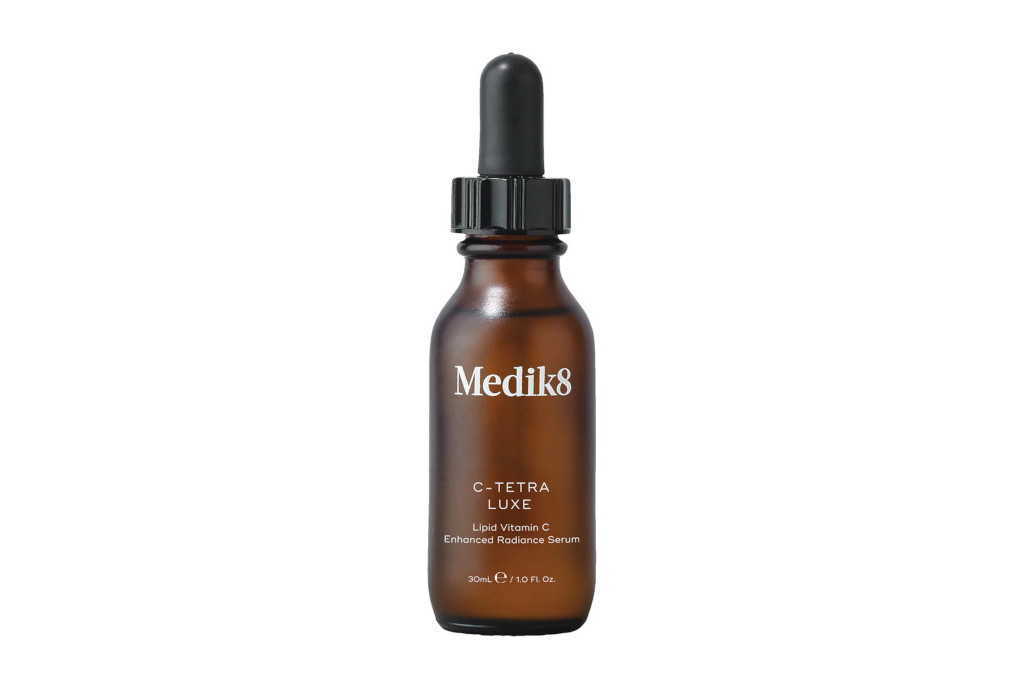
Medik8 C-Tetra Luxe, £59, johnbellcroyden.co.uk
SkinCeuticals’ Phloretin CF gel is a serum-to-gel that contains 10% pure L Ascorbic acid, but with the addition of phloretin, an ingredient derived from apples and apple trees that is not only an antioxidant in its own right but actually improves the penetration of other ingredients. The Ferulic Acid which stabilises L Ascorbic acid, the power of vitamin C is absorbed deep into the skins layers.
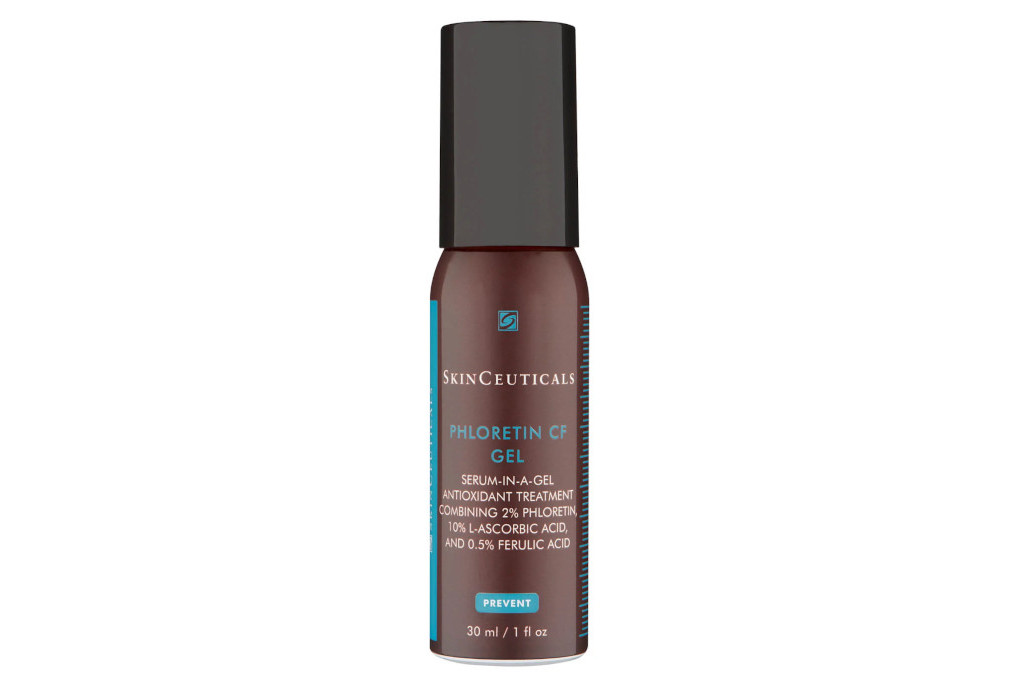
SkinCeuticals Phloretin CF Gel, £150, johnbellcroyden.co.uk
Vitamin D (cholecalciferol)
Vitamin D is one of the most common deficiencies in UK adults. Vitamin D, when taken orally, helps maintain strong bones and teeth, and keeps fatigue at bay.
As a skincare ingredient, it behaves a lot like vitamin C. It can help reduce the appearance of sun damaged skin, it is an antioxidant and can be particularly good for combatting psoriasis. Whilst it is not as readily available in skincare as vitamin C, there are some great serums out there.
Hero products
Goldfaden MD’s Vital Boost Even Skin Tone Daily Moisturiser harnesses the power of vitamin D to rejuvenate and boost the skins resilience, maximising immunity and giving a healthy glow.
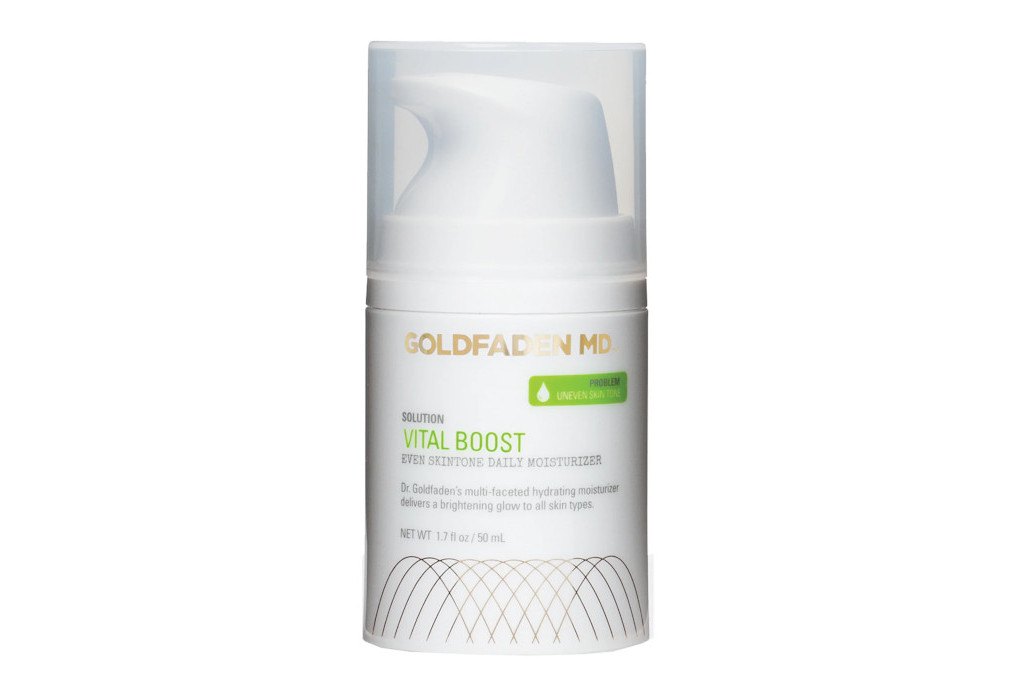
Goldfaden MD Vital Boost Even Skintone Daily Moisturizer, £58, johnbellcroyden.co.uk
Vitamin E (tocopherol)
Vitamin E is a good all-rounder as a skincare ingredient. It has antioxidant properties, it is moisturising, it boosts the skins immunity and works to slow the signs of ageing. It works to effectively protect, and actively build the strength of the skin from deep within right up to the surface layer.
Vitamin E is a very common ingredient in moisturisers and serums as it is gentle and rarely causes irritation. Combining vitamin E with vitamin C increases the efficacy of each ingredient, so you will often see vitamin E in brightening products.
Hero products
Malin+Goetz’s vitamin E face moisturiser is a delightfully light and soothing cream that is great for dehydrated or sensitive skin.
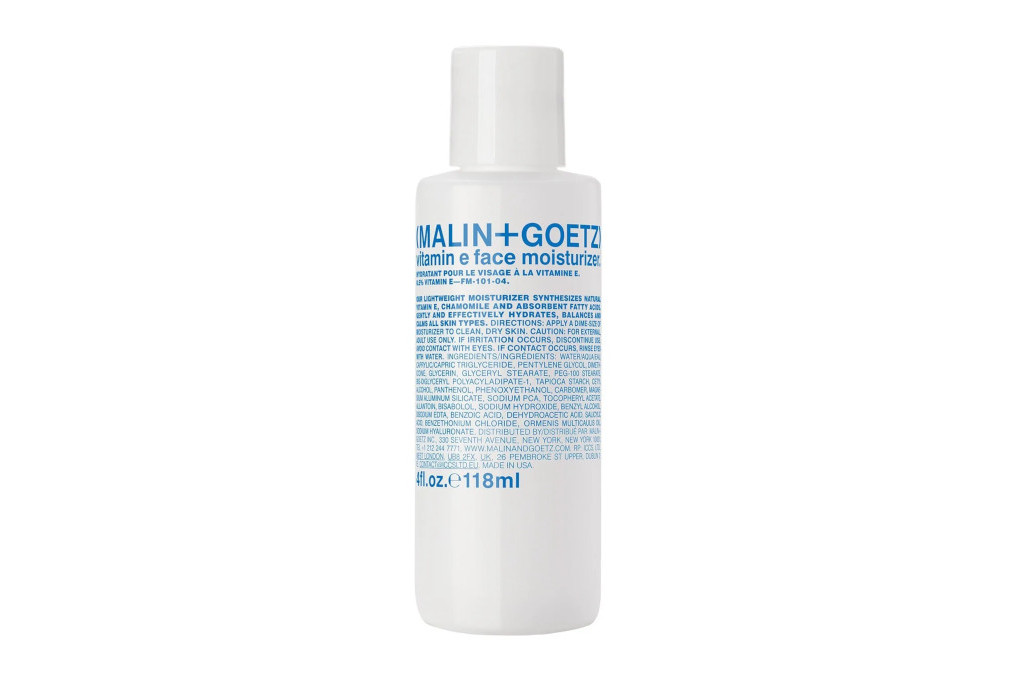
Malin+Goetz Vitamin E Face Moisturiser, £42, johnbellcroyden.co.uk
Vitamin F (linoleic acid)
Linoleic acid is an omega 6 fatty acid that is sometimes referred to as ‘vitamin F’ on skincare ingredient lists. Linoleic acid is found in rosehip oil, primrose oil and safflower – all essential building block for ceramides, the skins moisturising protective barrier. Linoleic acid is good if your skin is dry or prone to conditions such as eczema and can help prevent acne flare-ups.
Hero products
Dermalogica’s Skin Smoothing Cream contains a long chain hyaluronic acid complex, which delivers hydration deep into the skin and locks it in. It also contains healing arnica and cucumber. It is perfect for daily use.
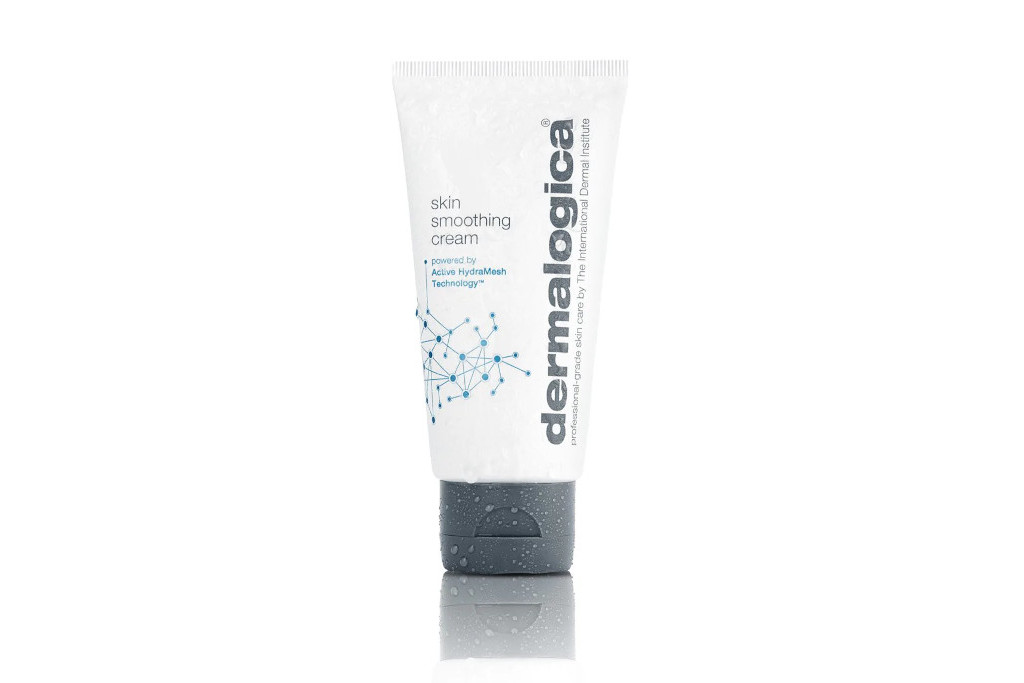
Dermalogica Skin Smoothing Cream, £69, johnbellcroyden.co.uk
Sunday Riley’s ICE Ceramide moisturiser is a winner. It has a whipped texture that is instantly soothing and hydrating.
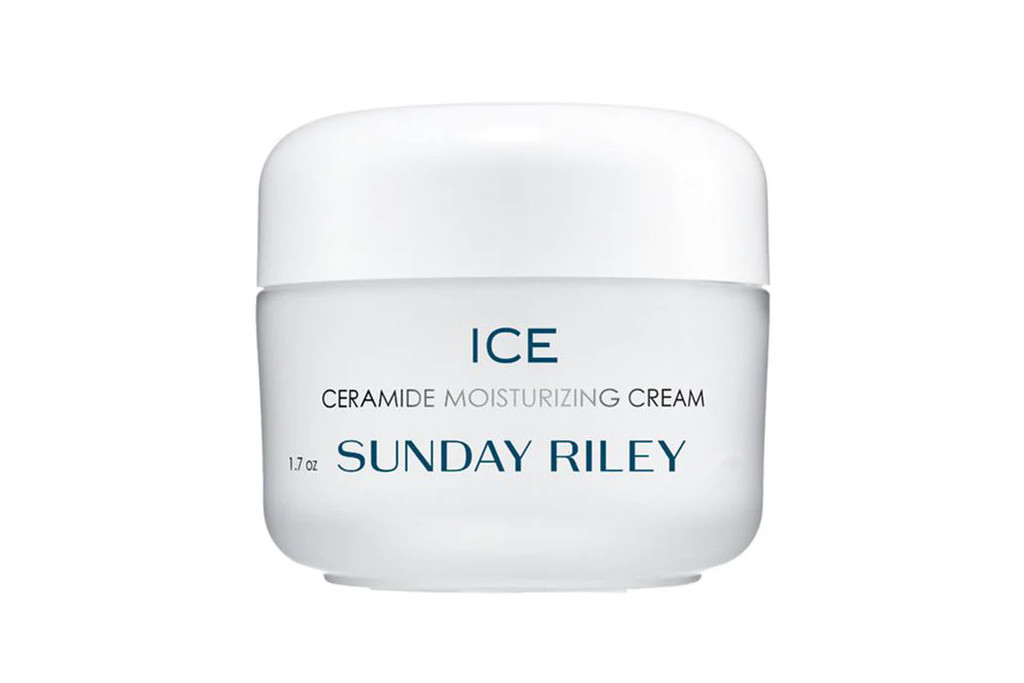
Sunday Riley Ice Ceramide Moisturizing Cream, £60, johnbellcroyden.co.uk
This article is brought to you in partnership with John Bell & Croyden, where you can find hundreds of globally sourced well-being and beauty products to get you through the seasons.
Featured image: Autumn Goodman, Unsplash




